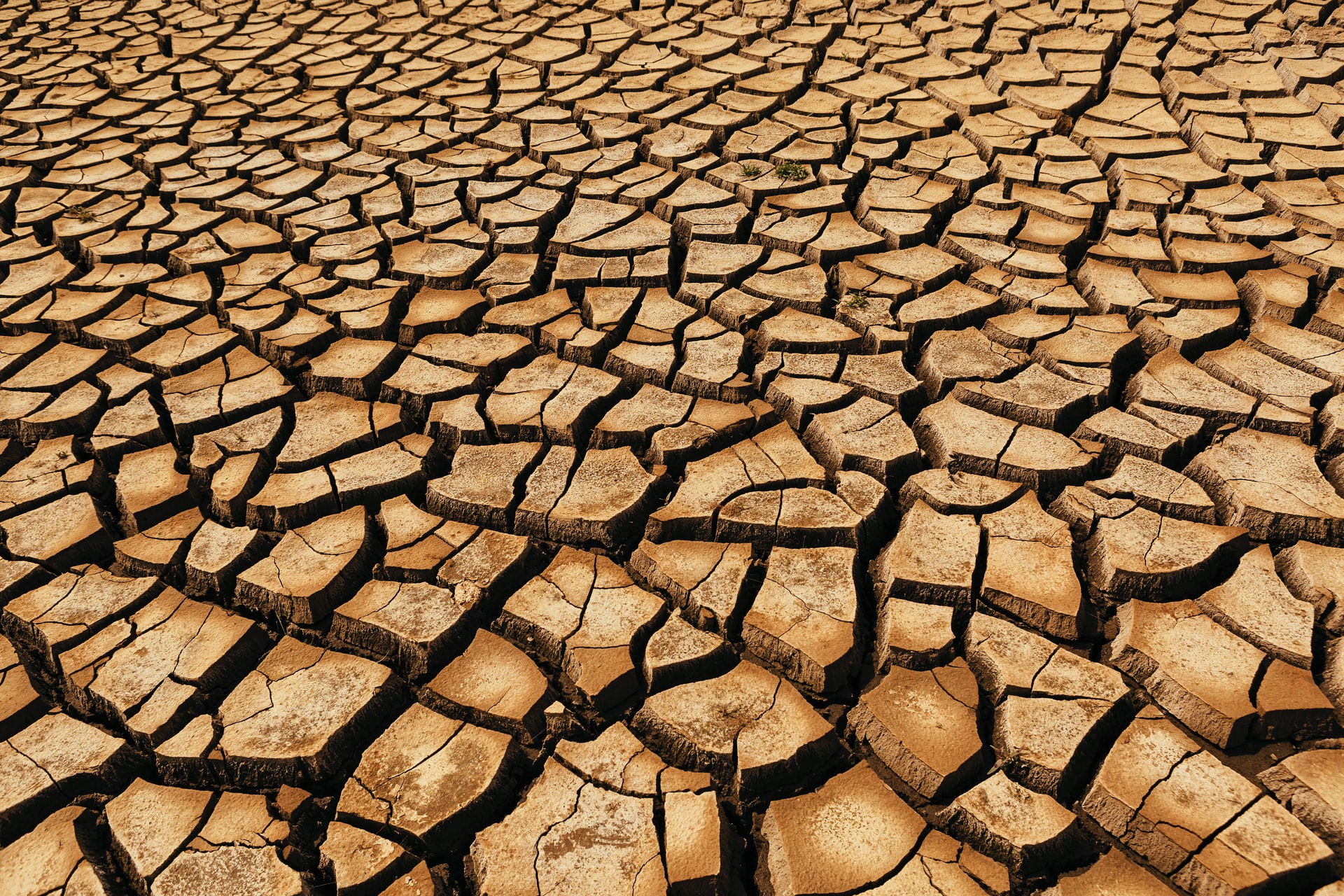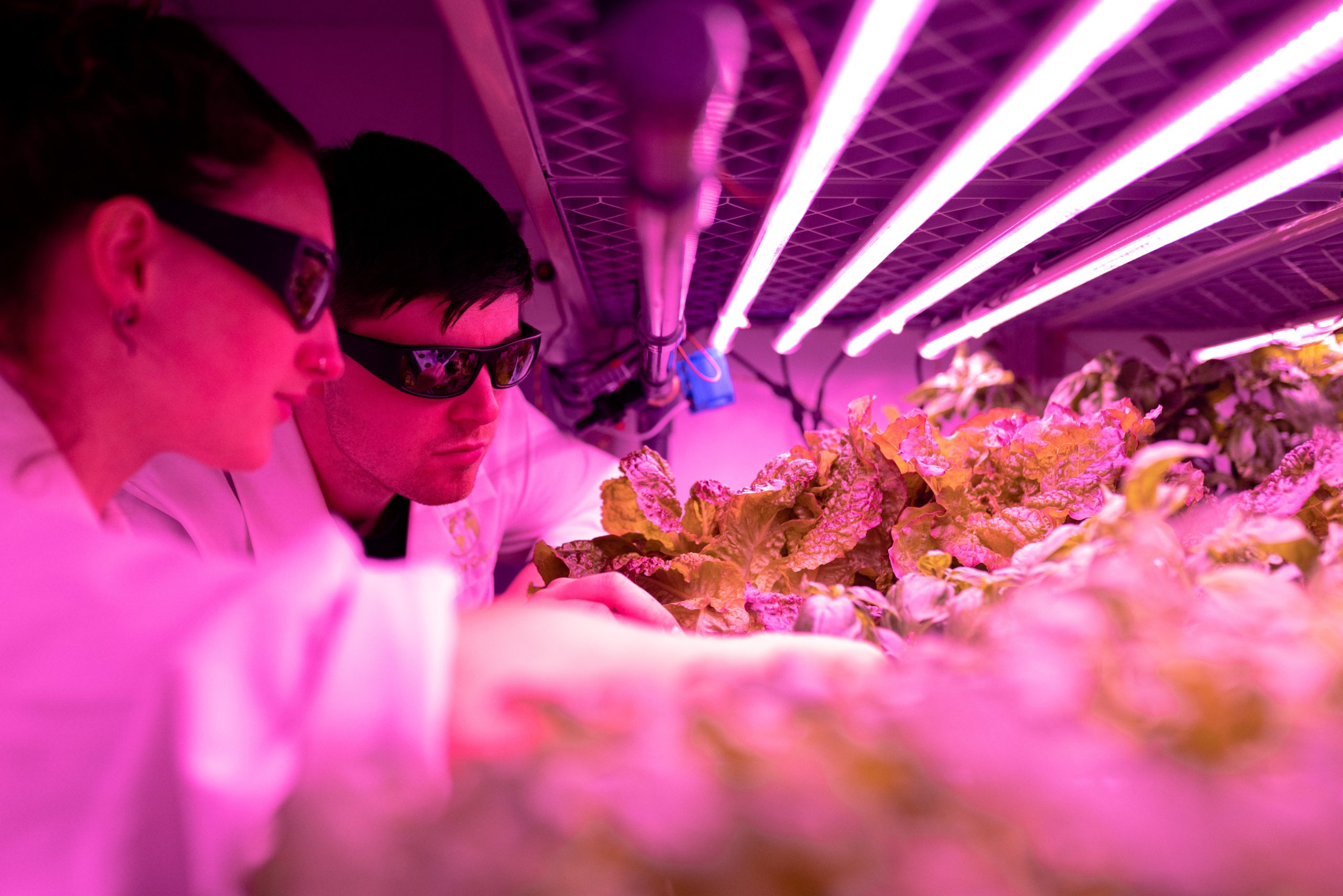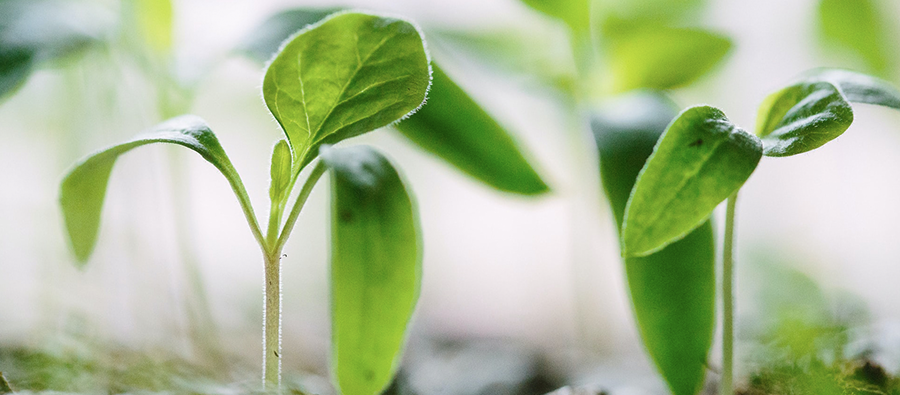The COVID-19 pandemic has exposed vast inequalities when it comes to food security. But there is an even larger and more concerning crisis waiting for us: global food shortages caused by climate change.
Nobody knows when or how hard it will hit, but we inch closer each year with new temperature records, the spread of pests, and emerging crop diseases. We are already seeing the beginning of this future crisis. Climate-induced food price hikes have caused political turmoil in the Middle East, while climate-related disasters have been linked with mass human migration in South Asia.

Climate change brings new temperature records, the spread of pests, and emerging crop diseases. Photo credit: Unsplash
Every seed company and crop research center worldwide is preoccupied with the race to breed hardier crops to keep pace with the demands of a growing population as circumstances become increasingly challenging. But the truth is, this is a relay race, and yet the crop research field is running 100m sprints in different places at different times.
For every scientific advance, other areas of crop research go under-resourced and are technology poor, with asymmetries in research investment creating islands of knowledge that are disparate and disconnected. These research asymmetries hold back crop improvement as a whole, contributing to climate-induced crop failure and the political turmoil that ensues when staple foods become scarce.
While it is common for academic crop scientists to share ideas and collaborate with industry, it is far less typical for major seed companies to cooperate with each other.
If the public and private sectors are to have any chance of outrunning climate change, industry must shift toward investing in mutually beneficial research and development to pool resources and build on every gain, in the interests of the whole.
In an unprecedented first step that reveals just how much pressure the sector feels about the daunting task ahead, some of the crop industry’s main players and competitors – including Syngenta, BASF, Corteva and KWS – recently shared their insights into the gaps in existing crop science.
The shortcomings identified that hold back the crop industry from addressing the looming food crisis have three features in common. They are all under-represented in scientific literature, are likely to boost productivity across a wide range of crops and environments, and crucially, the research is fundamental enough to be “pre-competitive,” or valuable without jeopardizing individual business outcomes.
However, accessing research funding can be surprisingly difficult. Public research budgets are shrinking, their funds are at risk of being re-appropriated, and collaboration is not the industry standard.
New funding models, such as public-private partnerships, can collectively address knowledge gaps to avoid potential catastrophes for society at large.
This approach has already proven fruitful. The public-private consortium “Crops of the Future Collaborative” brings competitors together to jointly fund research into the characteristics crops need to adapt to a changing future.
Industry matched the Collaborative’s initial $10 million investment by the Foundation for Food & Agriculture Research (FFAR) to work on corn that survives in drought conditions and leafy greens that are resistant to pests.
Conducting this research jointly drastically improves crop efficiency and the technological toolbox available to breeders and other crop scientists, passing the baton in the race towards a food secure future.

Increasing the global food supply through research and development is the most achievable way to avoid global food insecurity, according to the authors. Photo credit: Unsplash
Increasing the global food supply through research and development is the most achievable and sure approach to avoid a global food crisis, and comes with historically high returns on investment. Furthermore, scientists can tap into a global infrastructure of researchers across public and private sectors, international organizations, and the millions of farmers worldwide who have willingly collaborated over the last half century to provide enough food for all.
Failure to collaborate will ultimately result in unsustainable food systems, which not only renders seed companies obsolete but threatens a prerequisite of civilization: food security.
The private sector has the knowledge and resources to redefine the race. Rather than competing against one another, the crop industry must join forces to compete instead with climate change. And it is a contest we can only win if all players work together.
Matthew Reynolds, International Maize and Wheat Improvement Center
Jeffrey L. Rosichan, Foundation for Food & Agriculture Research
Leon Broers, KWS SAAT SE & Co. KGaA
This article was originally published in the Des Moines Register.



